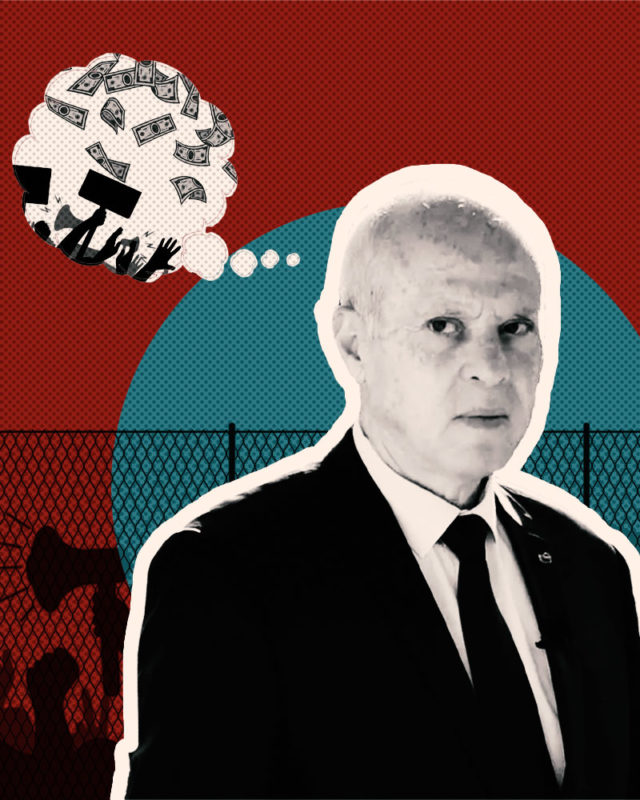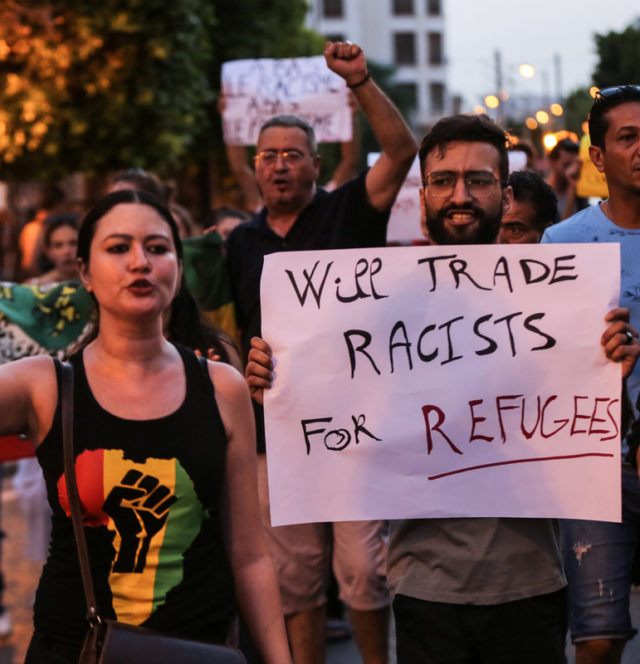A number of NGOs have expressed indignation at the recent humanitarian crisis involving migrants driven out of Sfax, and the government is not impressed. Associations openly critical of authorities are blaring on the president’s radar, as acts of intimidation targeting certain organizations portend an open war against civil society’s dissenting voices.











